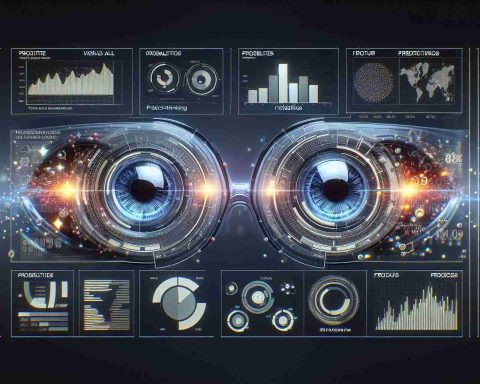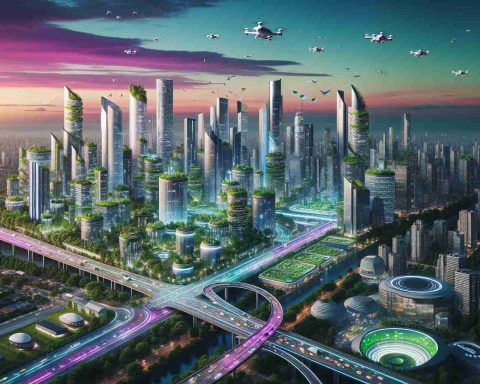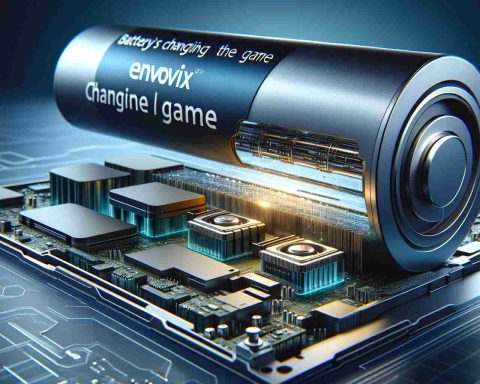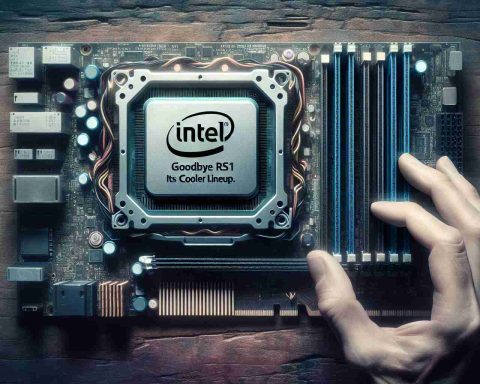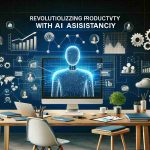In the dazzling realm of new technologies, where the latest gadget or app captivates our attention, the genesis of Artificial Intelligence (AI) is surprisingly rooted in history. Contrary to the common belief that AI is a modern marvel, its conceptual origins date back to ancient times, with foundational ideas emerging as early as ancient Greek mythology. Notably, early societies conceptualized intelligent machines, such as Hephaestus’s automatons, sparking early imaginations.
Fast forward to the mid-20th century, when these imaginative seeds began to sprout into technological reality. The official birth of AI as a field can be traced to a summer workshop held in 1956 at Dartmouth College. Here, pivotal figures like John McCarthy and Marvin Minsky envisioned machines that could simulate human intelligence. This gathering marked AI’s transformative leap from myth to emerging science, setting the stage for decades of research and innovation.
Today’s AI, replete with sophisticated algorithms and learning models, continues to evolve at an unprecedented pace. It’s more than a mere technological offshoot; it’s a culmination of centuries of human curiosity and ambition. As AI integrates into every facet of human life, the question is no longer when it began, but where it is headed next. Emerging fields, such as quantum computing and AI ethics, promise to redefine our understanding of intelligence and herald an era where machines might not only imitate, but perhaps enhance human capabilities in unimaginable ways. The journey of AI is a testament to humanity’s enduring quest to understand and replicate the very essence of intelligence.
AI’s Next Frontier: Innovations, Insights, and Future Trends You Need to Know
Artificial Intelligence (AI) has captivated human imagination and driven technological transformation for decades. From its mythological origins to its official inception as a scientific field in the 1950s, AI has become a profound influencer of modern society. But what does the future hold for AI, and how will emerging trends shape its development?
Emerging Innovations and Trends in AI
The evolution of AI is closely tied to several cutting-edge innovations that are propelling it into new realms of capability:
1. Quantum Computing: This frontier promises to expand AI’s potential exponentially. By leveraging quantum mechanics, quantum computers could process information at speeds far beyond conventional computers’ capabilities, thus broadening AI’s scope. This advancement will allow AI systems to tackle complex problems much more efficiently.
2. AI Ethics and Governance: As AI systems become more integrated into society, ethical considerations and proper governance frameworks are becoming increasingly critical. Discussions around privacy, fairness, and accountability are gaining prominence, ensuring AI is aligned with human values and legal standards.
3. AI in Healthcare: One promising application of AI is in the medical field. AI is transforming diagnostics, drug discovery, and personalized medicine, offering improvements in accuracy and speed. Predictive analytics powered by AI can potentially prevent disease outbreaks and improve patient outcomes.
4. Autonomous Systems: AI is steering the era of autonomous vehicles and robotic systems. Innovations in sensor technology, machine learning, and real-time processing power these autonomous entities, promising safer and more efficient transportation and logistics solutions.
Key Use Cases and Market Analysis
AI’s adoption is widespread across numerous industries, each harnessing its power for various applications:
– Retail: AI-driven chatbots and recommendation engines enhance customer engagement and streamline operations, delivering personalized shopping experiences.
– Finance: In this sector, AI algorithms detect fraudulent activities and automate trading processes, providing faster, data-driven decision-making.
– Manufacturing: AI optimizes supply chain management, predictive maintenance, and quality control, leading to reductions in costs and increases in operational efficiency.
Market analysis suggests that the adoption of AI technologies is set to grow substantially, with investments reaching unprecedented levels. Companies are increasingly seeing AI as a key driver of competitive advantage, with global AI market revenue expected to soar in the coming years.
Challenges and Limitations
While AI holds immense promise, it faces notable challenges and limitations:
– Data Privacy: The massive amounts of data required for AI pose significant privacy concerns. Safeguarding personal information while maintaining AI’s capability is a critical issue.
– Bias in AI Models: Ensuring fairness and eliminating biases encoded in AI systems is essential, as biased AI applications can lead to unfair treatment and reinforce existing inequalities.
– Energy Consumption: AI models, particularly those requiring substantial computational power, demand significant energy, raising sustainability concerns.
Predictions and Future Directions
Looking forward, AI will continue to evolve, presenting both opportunities and challenges. Key predictions for the future of AI include:
– Greater Human-AI Collaboration: AI systems will increasingly act as partners, augmenting human skills and creativity rather than replacing them outright.
– Enhanced AI Services: Future AI applications will offer more refined, context-aware services, aiming for seamless integration into daily human activities.
– Sustainable AI Practices: A focus on developing energy-efficient AI technologies will become vital, driven by environmental and economic considerations.
AI is more than a field of study or a technological advance; it is a testament to human ingenuity and potential. As we continue to unlock AI’s possibilities, the journey promises to redefine what it means to interact with machines in the 21st century and beyond.
For more insights into the ongoing advancements in AI, visit the Google AI page.







